Keep It Clean!
Selling products that claim to be eco-friendly but really aren’t won’t help the environment or sustain your business. Don’t get greenwashed!
In recent months, we’ve gotten news releases from various industry organizations proudly proclaiming that they’d achieved VeriFlora certification. The VeriFlora standard establishes rigorous performance criteria and a framework for continuous improvement in energy efficiency, ecosystem protection, integrated waste management, fair labor practices, community benefits and product quality. VeriFlora introduced a preferred retailer program in October 2009 to get independent garden centers involved in the initiative as well.
Carrying third-party certified items with the VeriFlora or USDA’s National Organic Program label is a way to show your commitment to doing sustainability the right way. Selling products that are only green in spirit isn’t. In 2009, Terra Choice Marketing (www.terrachoice.com) released its “Seven Sins of Greenwashing” report. As consumer interest in eco-friendly products increases, more and more products go on the market that have a “green” label or cute name but no other redeemable sustainable qualities. Read up on these seven sins, and be sure to evaluate your eco-friendly selection before putting your name on these products.
Sin of the Hidden Trade-off
A claim suggesting that a product is “green” based on a narrow set of attributes without attention to other important environmental issues. Paper, for example, is not necessarily environmentally preferable just because it comes from a sustainably harvested forest.</p><p><b>
Sin of No Proof
A claim that cannot be substantiated by readily available information or reliable third-party certification.
Sin of Vagueness
A claim that is so poorly defined or broad that its real meaning is likely to be lost on consumers.
Sin of Worshipping False Labels
A product that, through either words or images, gives the impression of third-party endorsement where no such endorsement exists; fake labels, in other words.
Sin of Irrelevance
An environmental claim that may be truthful but is unimportant or unhelpful for consumers seeking environmentally preferable products.
Sin of Lesser of Two Evils
A claim that may be true within the product category but risks distracting the consumer from the greater environmental impacts of the category asa whole.
Sin of Fibbing
Environmental claims that are simply false.






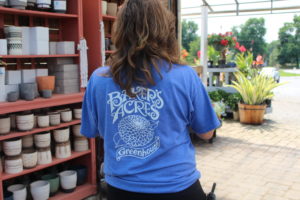






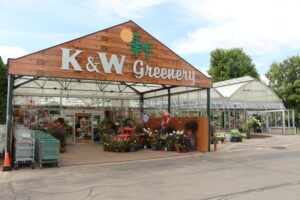

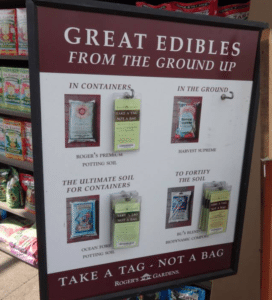
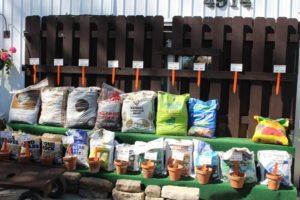
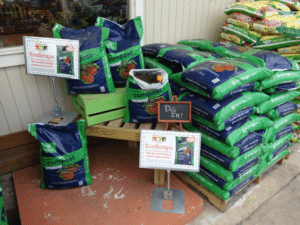
 Videos
Videos





